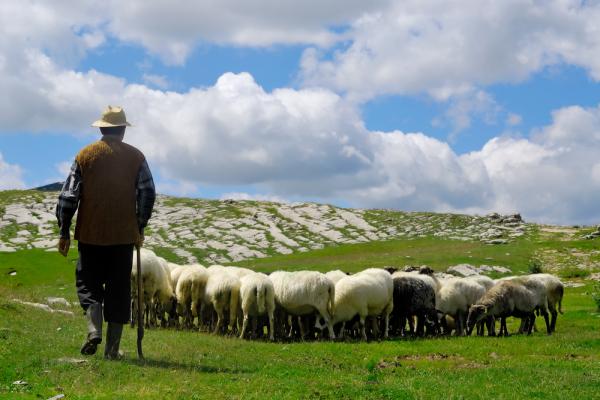Nov 14, 2016
On the cross, he is derided by a criminal and mocked by soldiers. He is beaten, bruised, and dying, and yet still has the presence and the grace to say, "Father, forgive them; for they do not know what they are doing." Perhaps Jesus prays that same prayer over us now as he looks down on our hurting, divided, and anxious world.
Read the Full Article

Already a subscriber? Login
